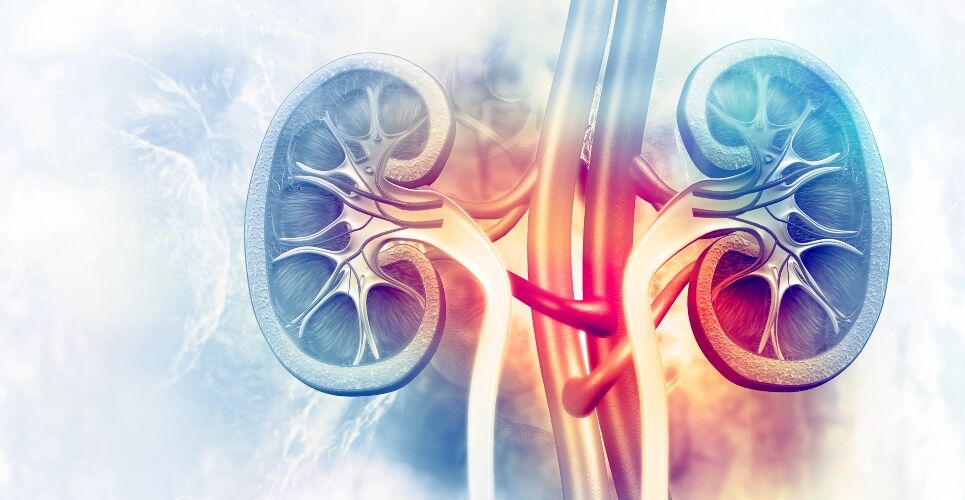Elevated levels of the protein Indian Hedgehog, which is released by a subset of aged and injured renal cells, have been identified in patients with chronic kidney disease (CKD) and is therefore a potential therapeutic target for the condition, according to a new study.
Published in the journal Science Translational Medicine, an international research team sought to understand the link between injury and inflammation in patients with CKD. The team hypothesised that signalling from renal epithelial cells activated glioma-associated oncogene 1 expressing cells (Gli1+) to induce fibrosis. But exactly how this process occurred was uncertain.
The ageing process is associated with chronic inflammation and a defective immune response. Conditions such as CKD are accompanied by immunosenescence, with such patients at a higher risk of cardiovascular disease. Previous work revealed a link between increased production of tumour necrosis factor (TNF), CKD and renal failure, but the underlying mechanism remains unclear, which led to the current study.
Is IHH the missing link?
The researchers identified that leukocyte-derived tumour necrosis factor (TNF) promoted Gli1+ cell proliferation and cardio-renal fibrosis through induction and release of the Indian Hedgehog (IHH) protein from renal epithelial cells. Moreover, inhibition of TNF release led to a reduction in tissue fibrosis and also lowered Gli1+ cell proliferation.
In further work, it also became clear that increased circulating levels of IHH correlated with cardiovascular disease and loss of renal function in patients with CKD. Taken together, the authors suggested their findings indicated that IHH release from TNF-activated renal cells drove the activation and proliferation of Gli1+ expressing cells and was the missing link between inflammation and organ fibrosis.
While these represent preliminary findings, the authors suggested that therapies targeting TNF and/or IHH signalling warrant further investigation to assess their potential in patients with CKD and fibrosis.

